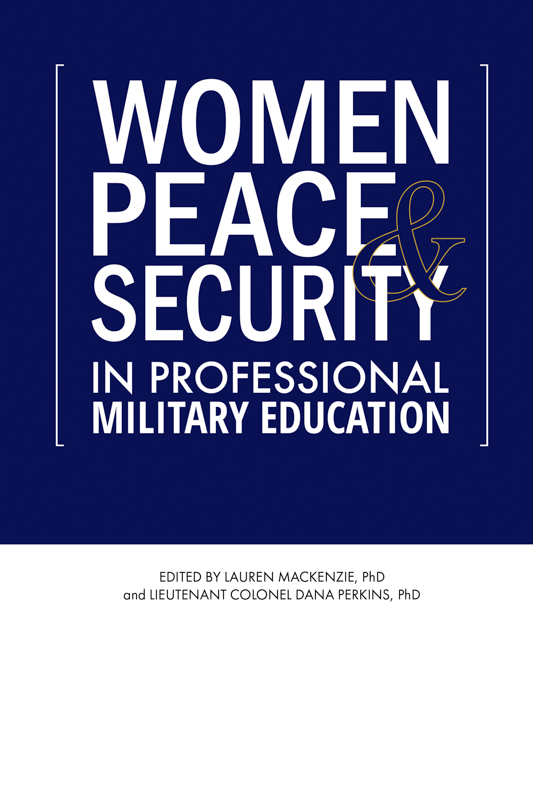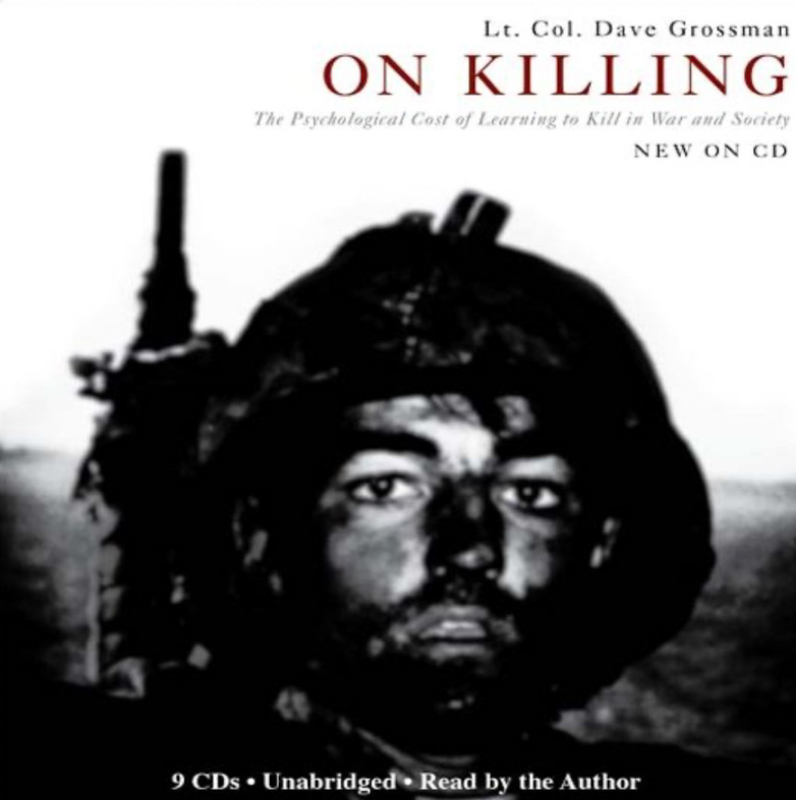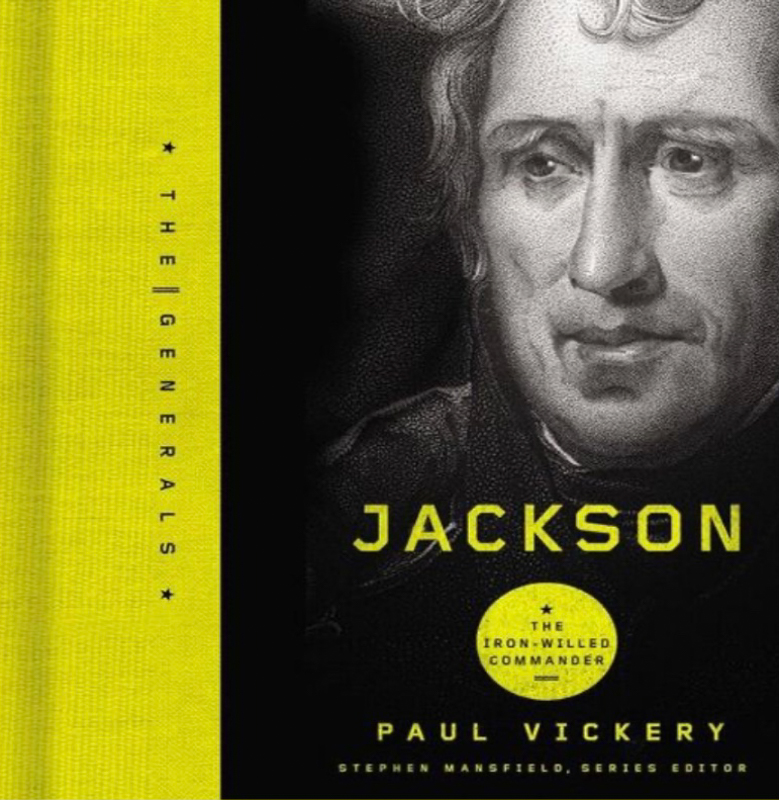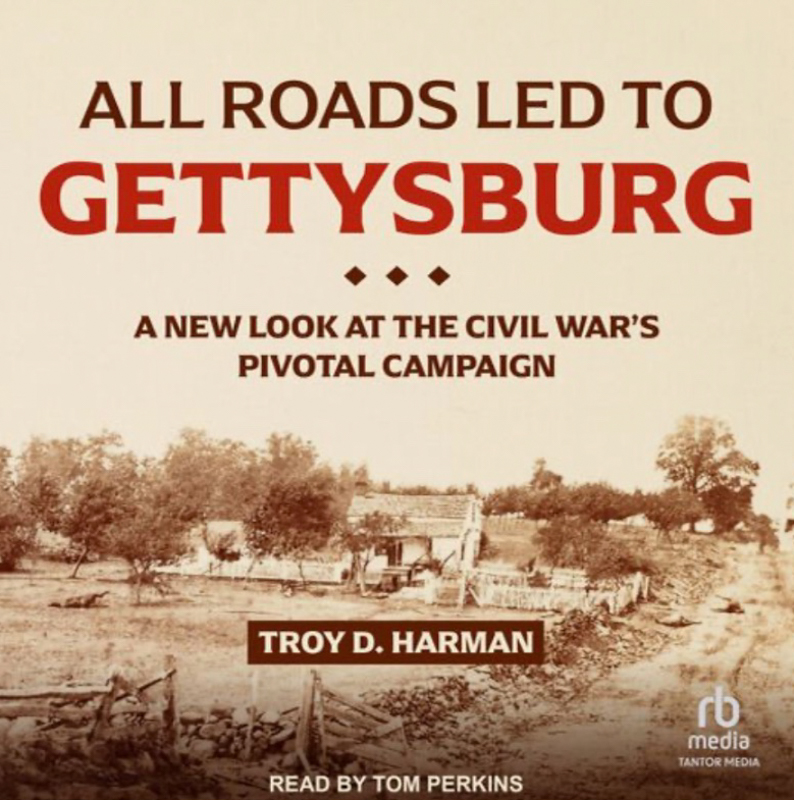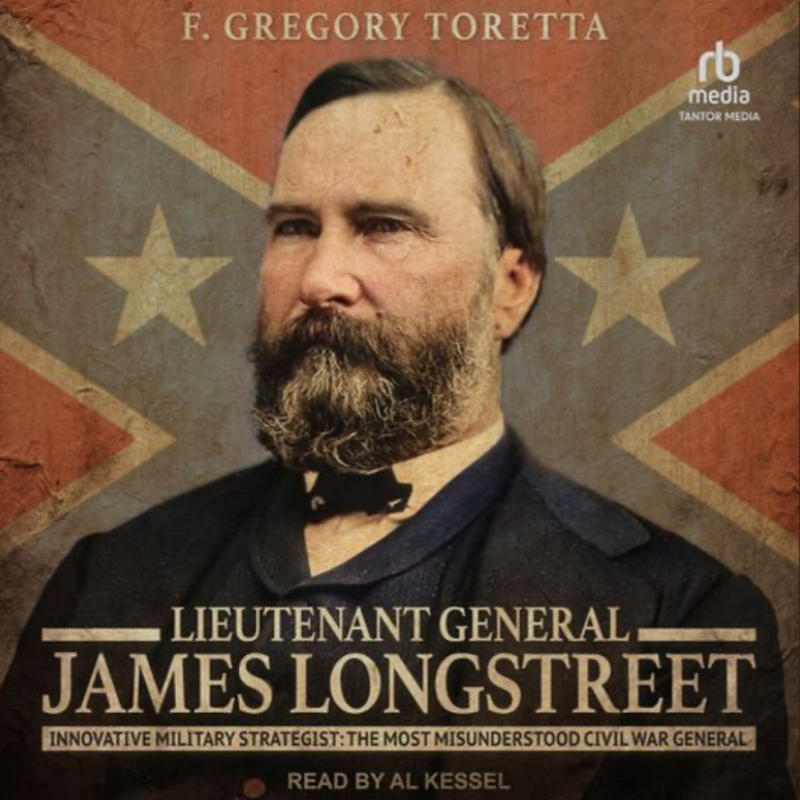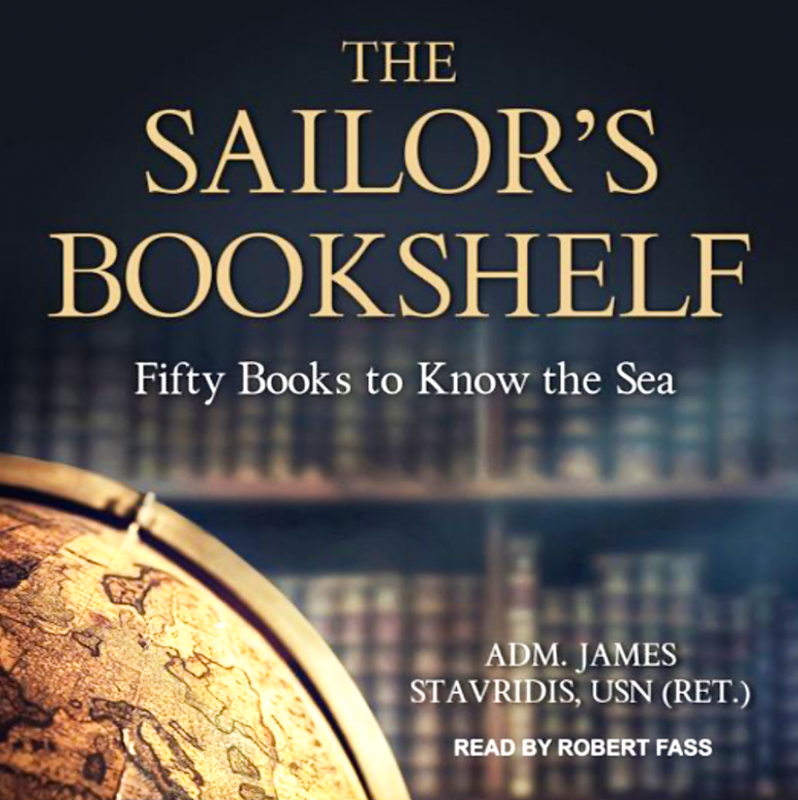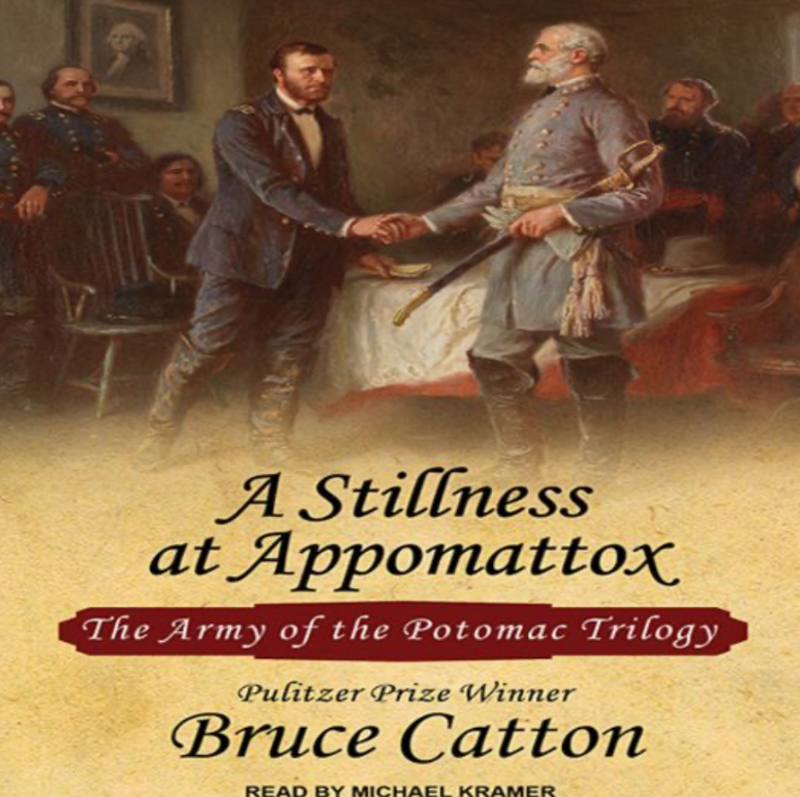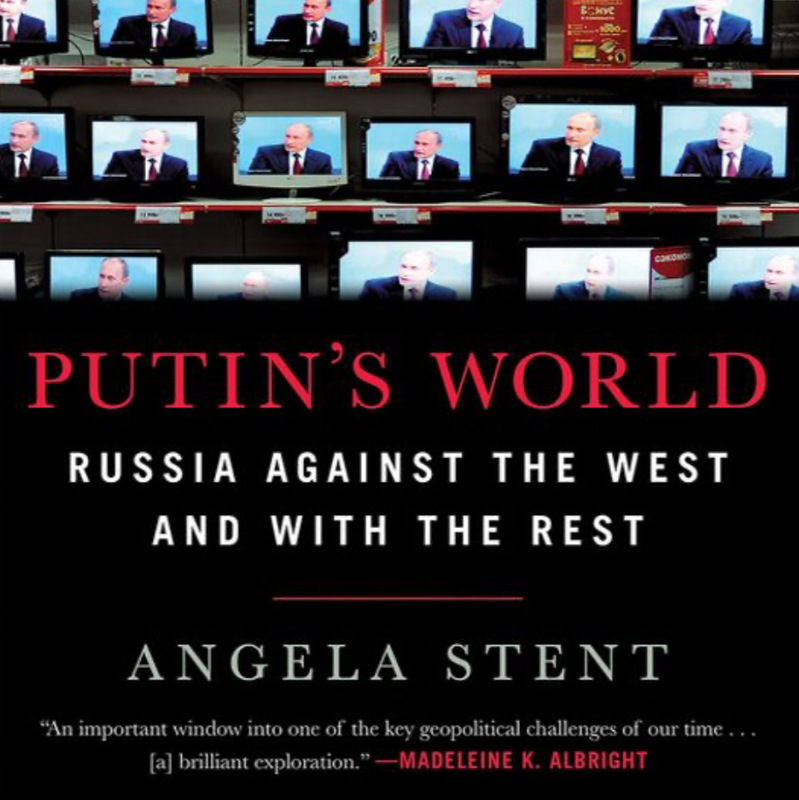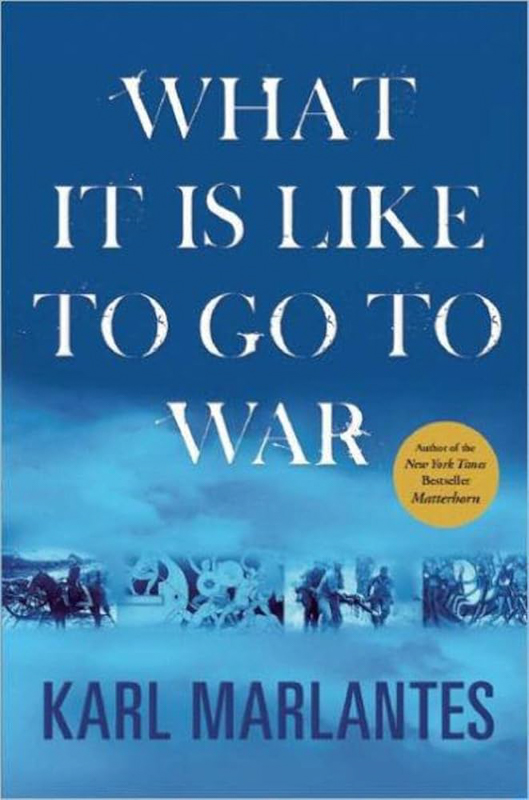The Fifth Act American’s End in Afghanistan
Background
Published in 2022, “The Fifth Act: America’s End in Afghanistan,” Elliot Ackerman provides a firsthand account of the final days of the U.S. military presence in Afghanistan. Drawing from his experiences as a Marine and CIA paramilitary officer, Ackerman recounts the evacuation of Afghan nationals who had worked closely with the American forces as the Taliban closed in on Kabul in August 2021. The memoir intertwines personal narratives with a broader reflection on the two-decade-long conflict, highlighting both the heroism and the failures that marked America’s longest war.
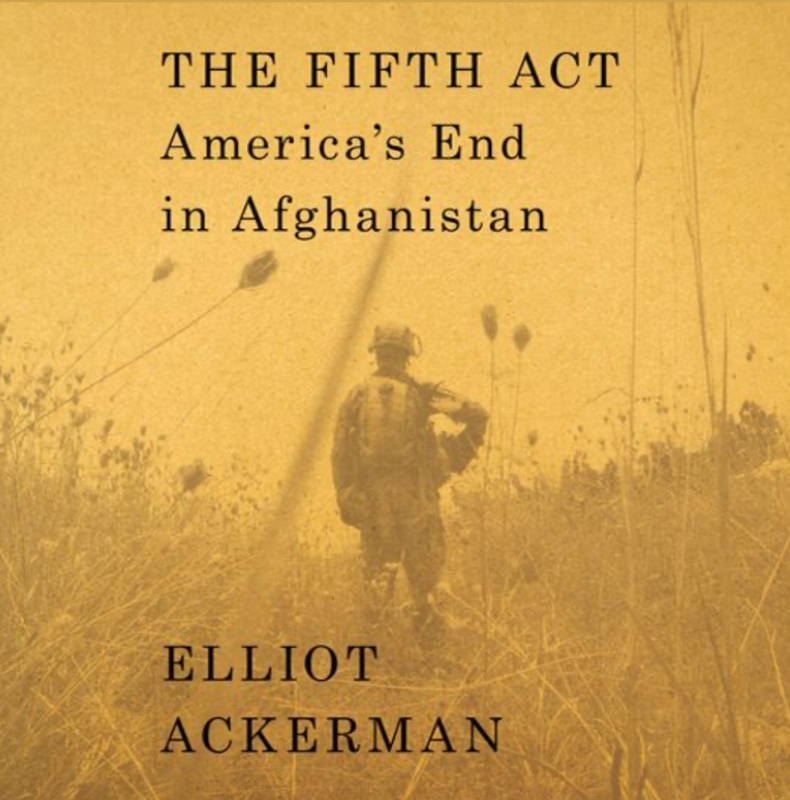
My Thoughts
It’s always interesting to hear the first hand accounts of people living through moments in history. We know our part and have our specific observations on the greater whole. Sometimes those observations come through the keyhole of our limited experiences. The author had the benefit from personally seeing for multiple keyholes and even from differing organizational vantage points. However, it is still a first hand account.
I sympathize with his opinion that the withdrawal from Afghanistan was one of the most embarrassing moments in our history. I do think we needed to leave, but how we went about it will go down in history as a black mark on the United States for all time. We signaled weakness to the rest of the world and our foreign policy lost any teeth it had.
Recommendation
I enjoyed it. It was both readable and relatable.
